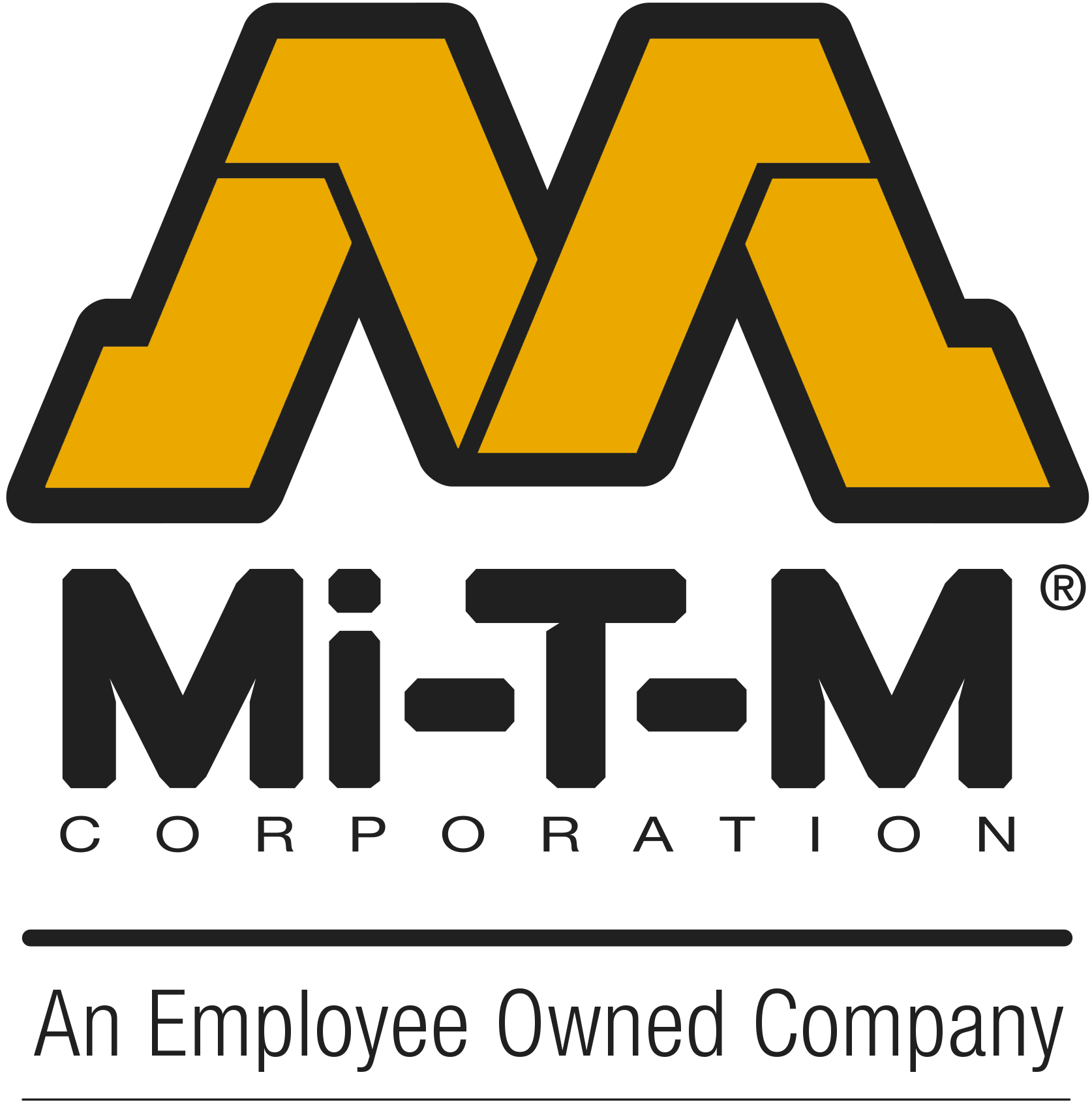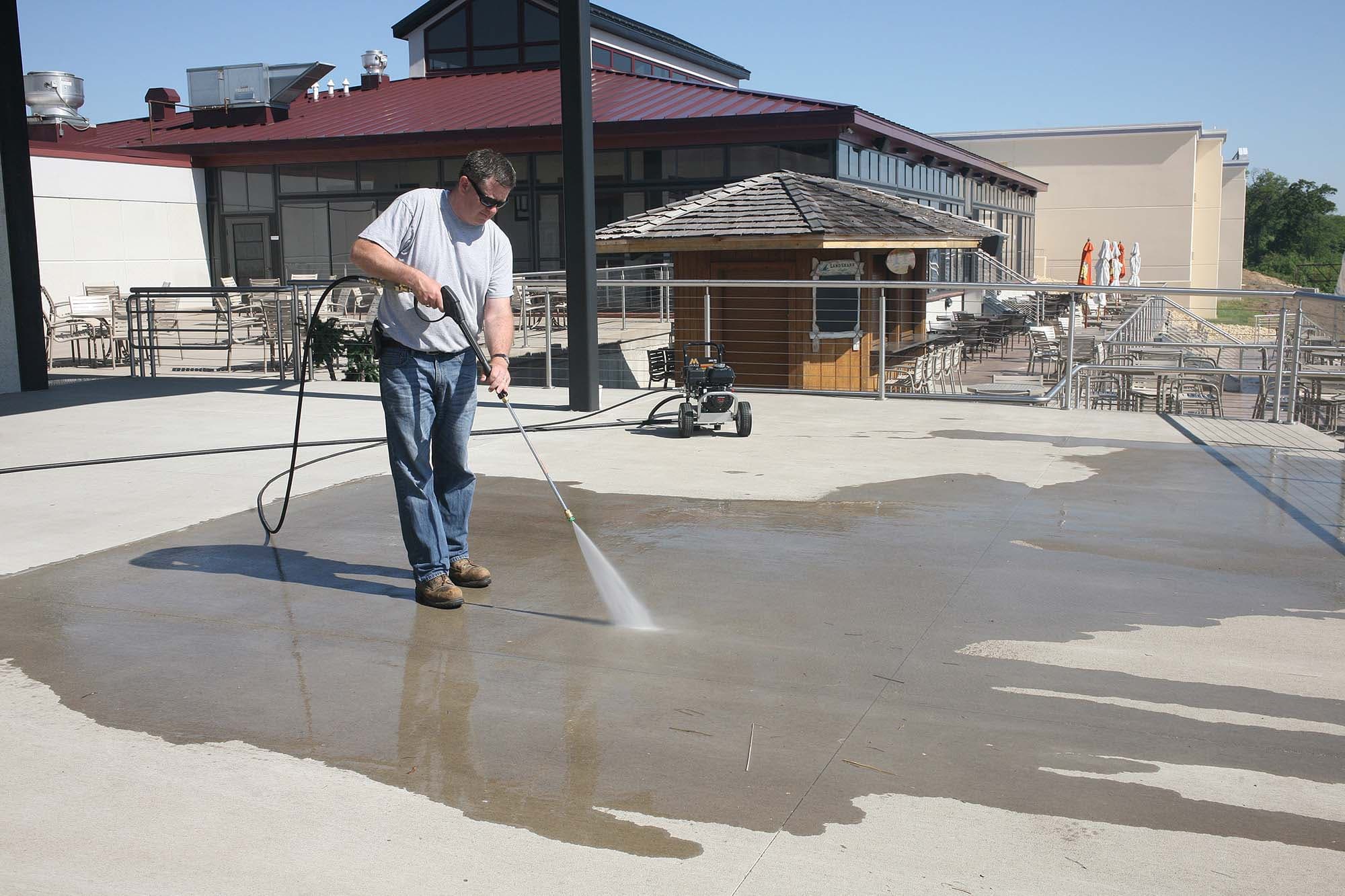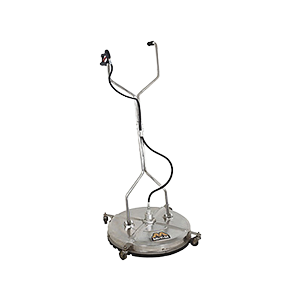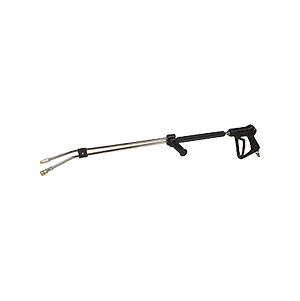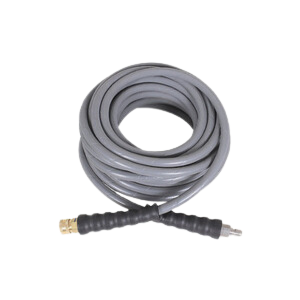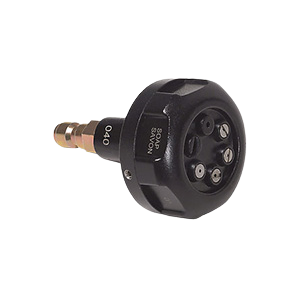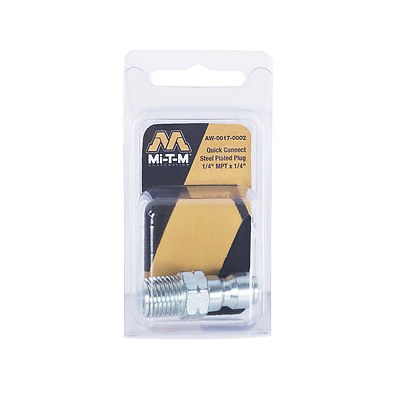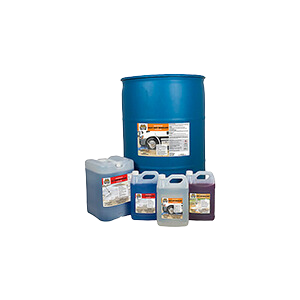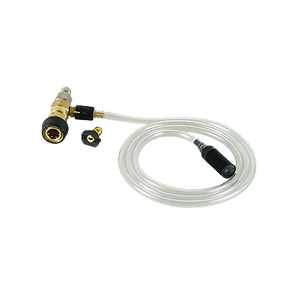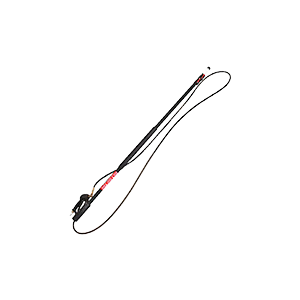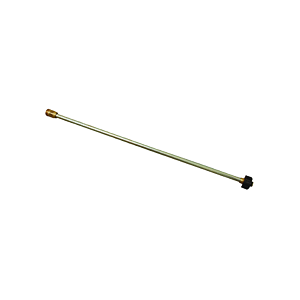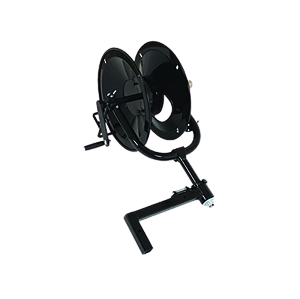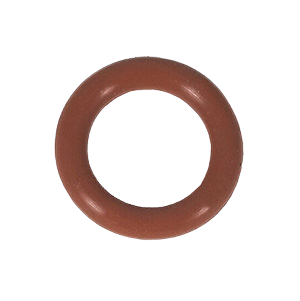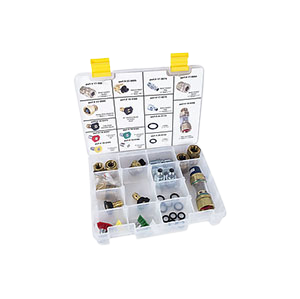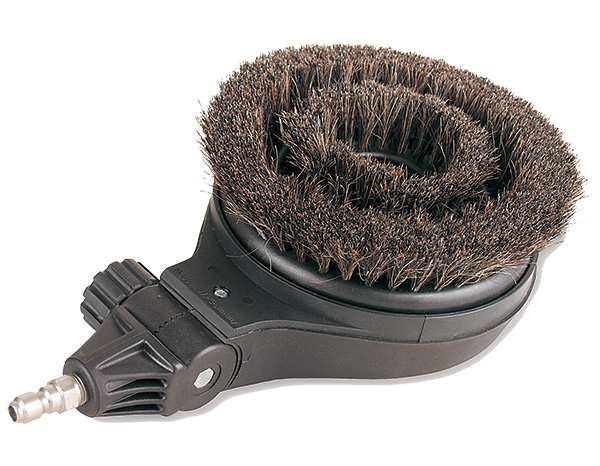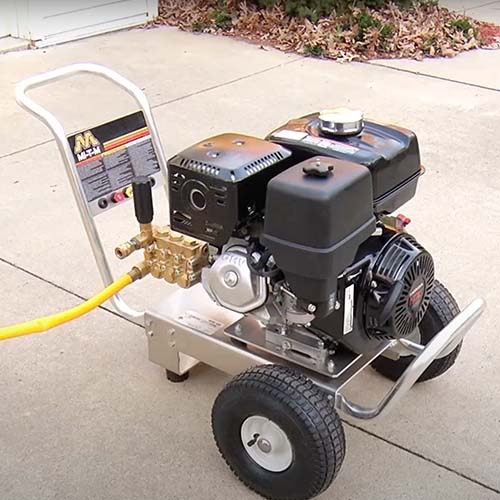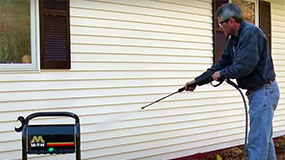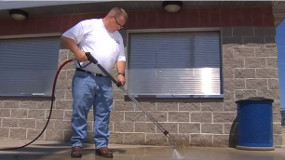Usage: Industrial Commercial Residential
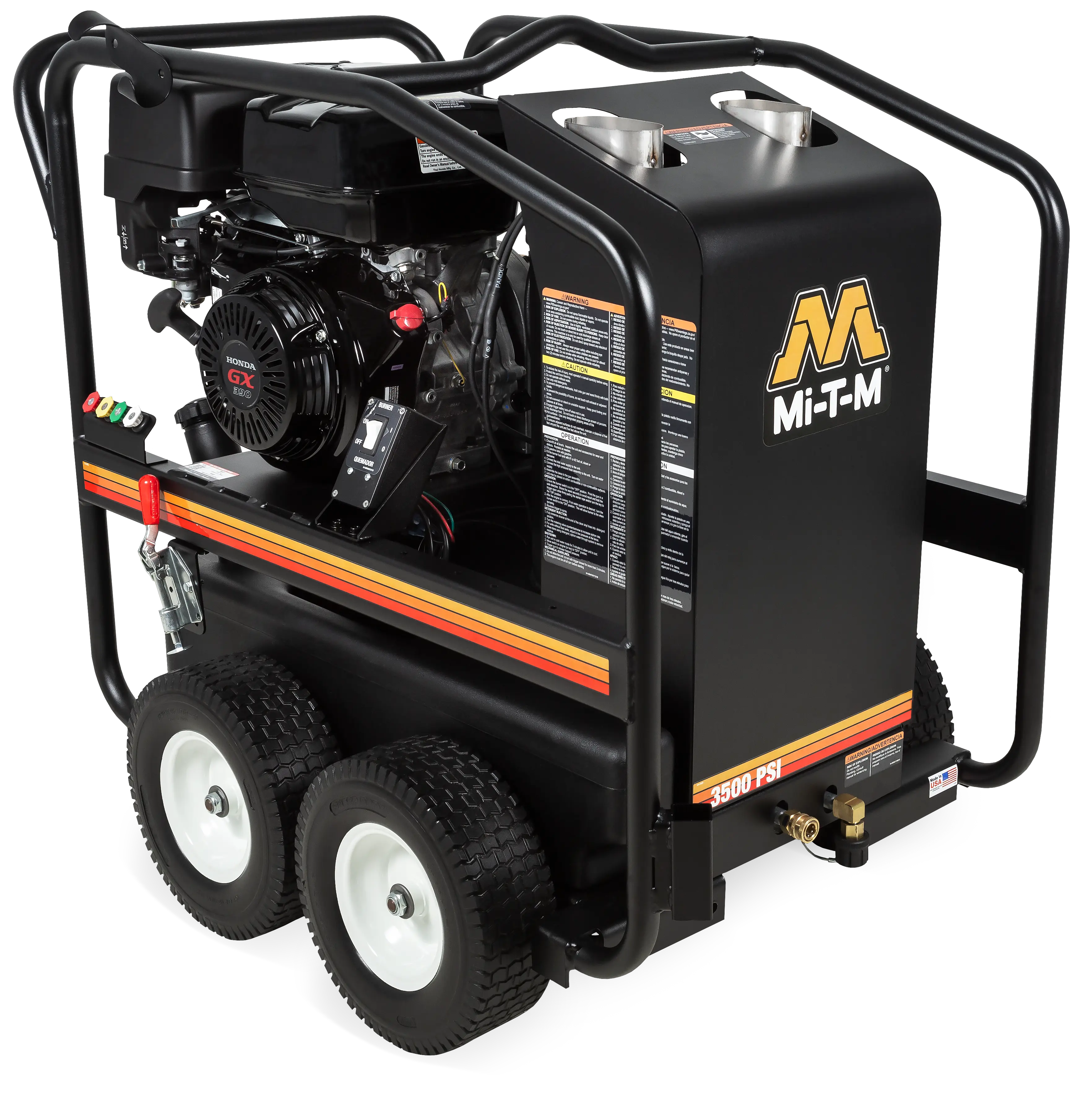
Industrial
1000-7000 PSI
20-40+ hours per week
Industrial Pressure Washers
Designed to provide the power, reliability, and versatility businesses need every day.
View All Industrial Pressure Washers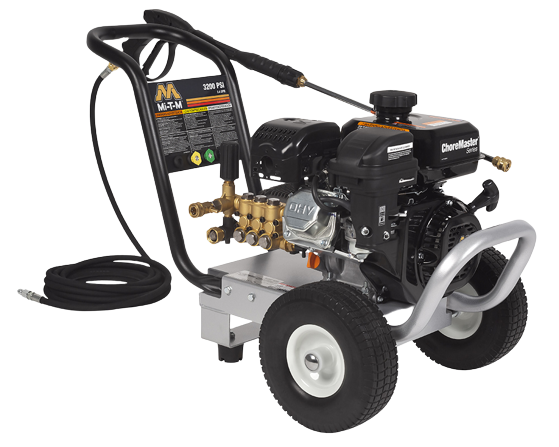
Commercial
1400-4200 PSI
15-30 hours per week
Commercial Pressure Washers
Great for blasting away mud and muck on farms, properties and around facilities.
PSI:
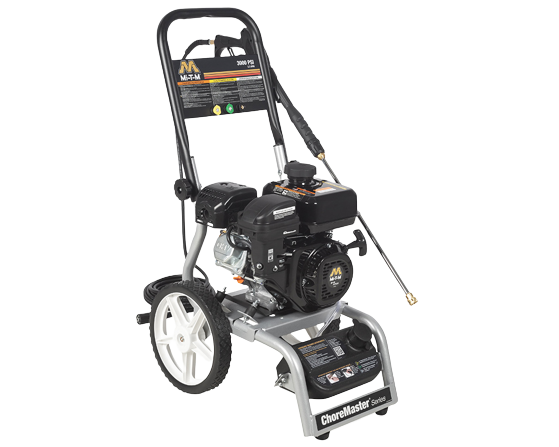
Residential
1400-3000 PSI
2-15 hours per week
Residential Pressure Washers
Easy to use and ideal for all-purpose cleaning around any home or workshop.
PSI:
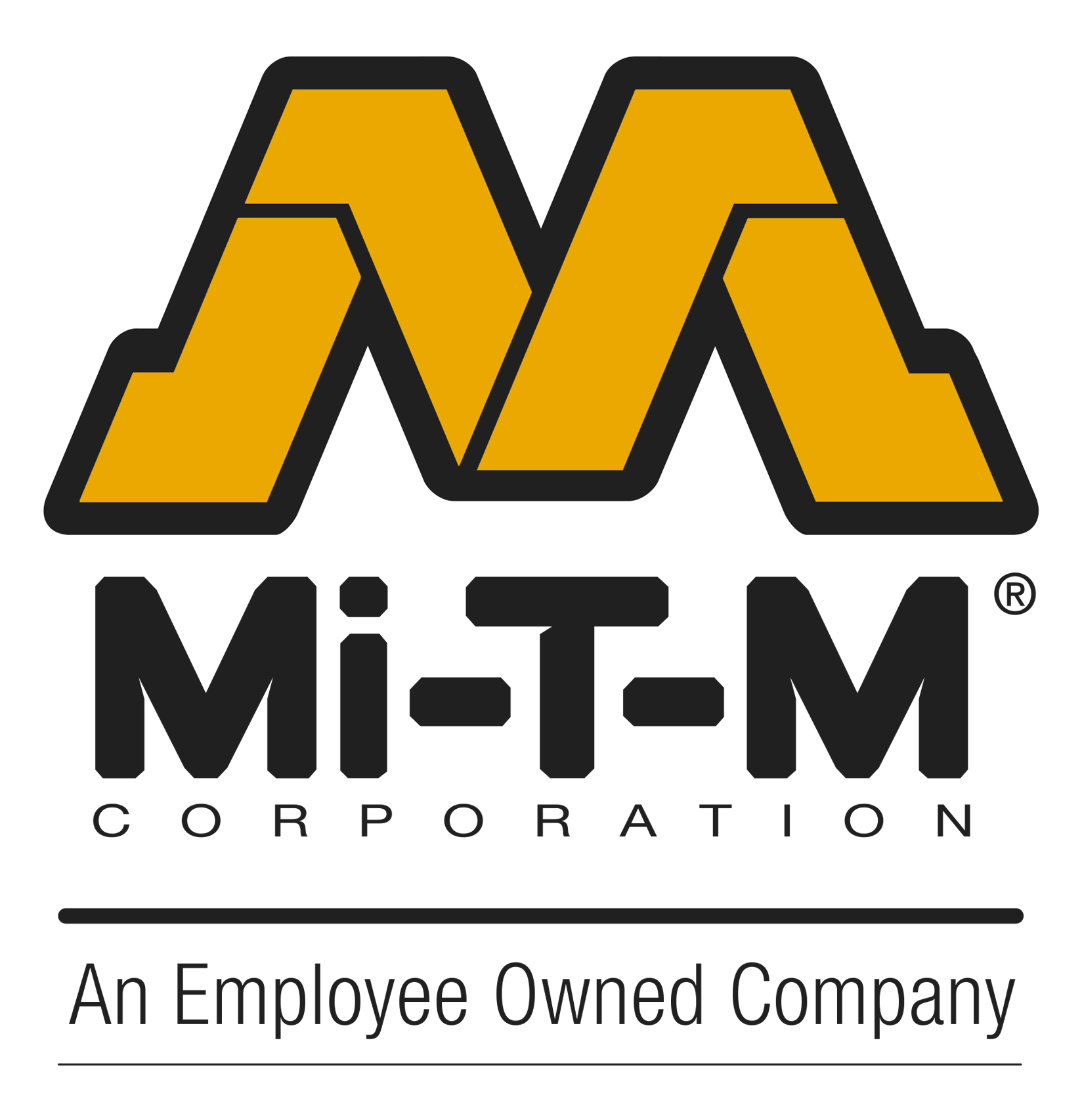



 Latest Equipment
Latest Equipment
 Accessories
Accessories
 Pressure Washers
Pressure Washers
 Air Compressors
Air Compressors
 Generators
Generators
 Air Compressor Generators
Air Compressor Generators
 Air Compressor / Generator / Welders
Air Compressor / Generator / Welders
 Portable Heaters
Portable Heaters
 Water Treatment Systems
Water Treatment Systems
 Trailers
Trailers
 Water Pumps
Water Pumps
 Wet / Dry Vacuums
Wet / Dry Vacuums
 All Residential Products
All Residential Products
 All Commercial Products
All Commercial Products
 Pressure Washers
Pressure Washers
 Generators
Generators
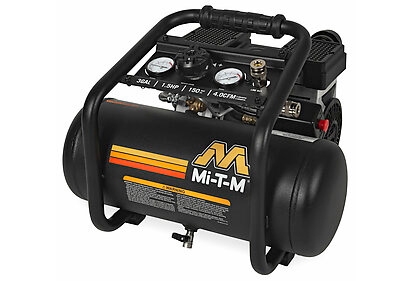 Air Compressors
Air Compressors
 Custom Fire Pits
Custom Fire Pits
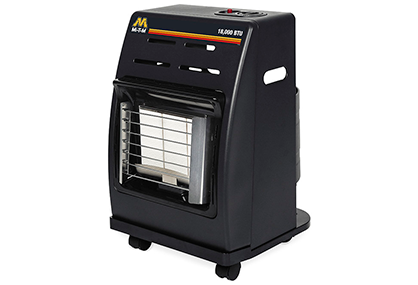 Portable Heaters
Portable Heaters
